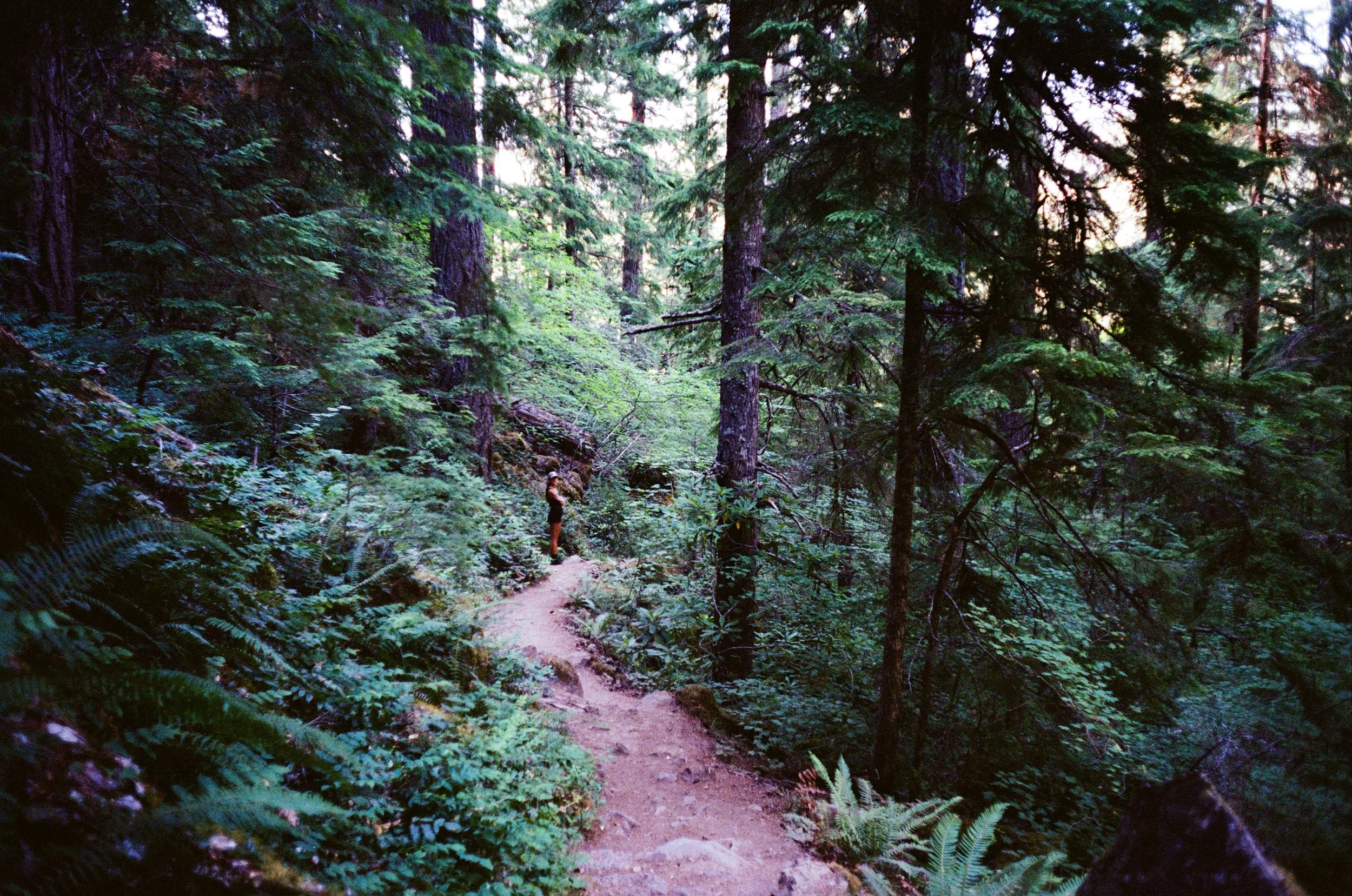Diary 49
Tomorrow when the farm boys find this
freak of nature, they will wrap his body
in newspaper and carry him to the museum.
But tonight he is alive and in the north
field with his mother. It is a perfect
summer evening: the moon rising over
the orchard, the wind in the grass. And
as he stares into the sky, there are
twice as many stars as usual.
—Laura Gilpin, “The Two-Headed Calf,” from
The Hocus Pocus of the Universe (1976).
09.04.24
referencing a high school party— “a bunch of drunk beanie babies”
on buying new pants—”this brand has me in a capitalist choke hold”
about an upcoming haircut—“going for a soft-skullet”
no context—”I call first dibs sniffing their seats”
09.05.24
01.
Nothing lasts forever, time flows unobstructed. Navigating O’hare airport during a recent trip to Chicago—an airport I’ve crossed many times in my life, coming and going again and again—this is the only thing I can think about. Here I’m confronted with so many past versions of myself I’m convinced they live on as ghosts roaming the hallways between terminals.
02.
Mono-no-aware (物の哀れ)
a concept in Japanese culture derived from Shinto beliefs and Buddhist principles, which, summed up concisely, means “finding beauty in impermanence.” It’s about recognizing the transient nature of life and making peace with it, cherishing it even. People may fade out of each others lives despite once being inextricably connected, work may be profitable and then unprofitable, flowers bloom and flowers die; we’re continually forced to surrender to the passing of time and the inevitable change it brings. And yet, mono-no-aware insists on presence. Knowing nothing is permanent is all the more reason for us to steep ourselves in the beauty of every fleeting moment, unafraid of loss, change, and maybe some resulting scar tissue.
“Everything in life will prepare you to let go with more grace.”
03.
Or, in some cases, this mentality could be used as a scapegoat— justification for hurting the people you’ve loved most beyond repair, abandoning them when things get hard. You can chalk it up to “nothing lasts forever,” and be absolved of the responsibility to make amends, or you can sincerely attempt to earn their forgiveness, maybe even earn your way back into their life. Isn’t it also okay to hold on tight, to cling to people even when it’s exceedingly painful, knowing we don’t have that much time?
What inspires us through the void, if not love?
04.
When you reflect on your past, do you perceive it episodically? As in, your experiences can be grouped into separate seasons and phases, a series of starting and ending points; who you were 5, 10, 15 years ago may as well have a different set of fingerprints as who you are today.
Or do you perceive your past as one long, interconnected arc? Meaning, you’ve surely been through some shit, but you’ve remained the same person all the way through; everything that’s happened corresponds to the overarching narrative of your life.
05.
What’s worth keeping? What’s worth letting go of? How do you decide when to yield to the rushing current of time & change, or will your way against it?
09.16.24
Fragments from Anna Kavan’s Machines in the Head:
“But even as I stand there all these happy things start to recede, to become phantasmal, transparent as the texture of dream plasma…like a fading mirage in the background I can still, straining my eyes, faintly discern the sunlit grass, the blue, blue arches of sky across which a green shape flies in remote parabola, the ghost of an emerald dagger spectrally flung.”
“I remember myself as a schoolchild sitting at a hard wooden desk, and then as a little girl with thick, fair, wind-tossed hair feeding the swans in a park.”
“I touched an ice-coffined briar with my hand, and it snapped off, more brittle than a Venetian vase…the big unbroken trees sprayed like unclear fountains towards the mist. Through the centre of each jet of clouded crystal the black branch was threaded. The trees were lovely and frightening to look at.”
Emma Garmen, “Feminize Your Canon: Anna Kavan,” The New Yorker, 12/10/2018.
“If Kavan’s natural worlds are often inhospitable, their visual evocations are always beautiful.”
Marlene Dumas, "Candle Burning," 2000.




